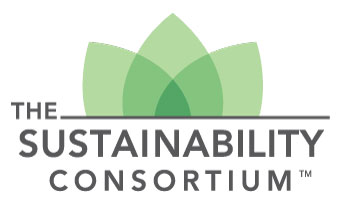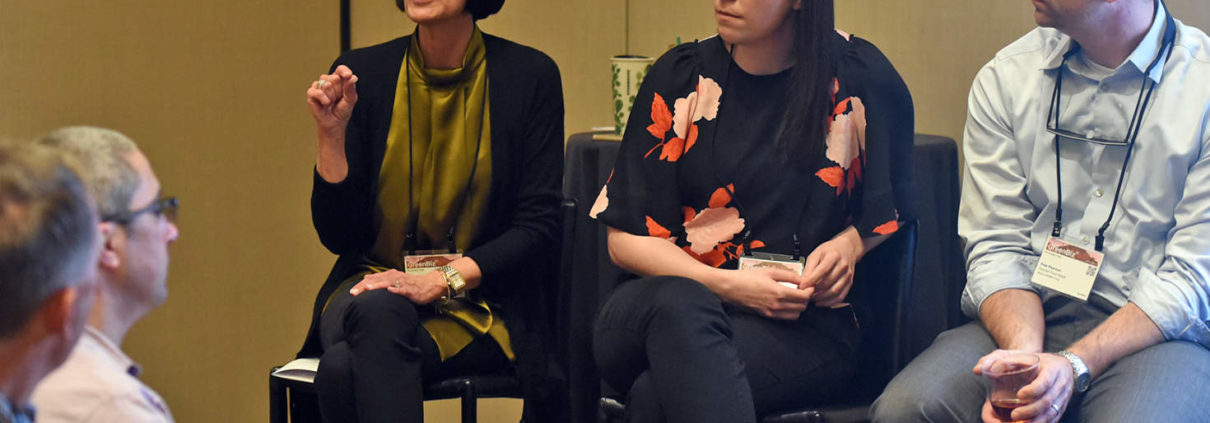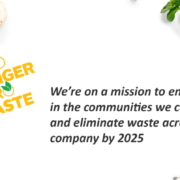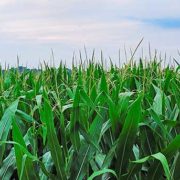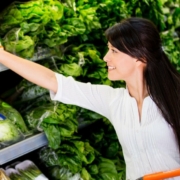Our Heaping Food Waste Problem Has An Open Secret: It Can Be Solved
News from GreenBiz
By RP Siegel on February 8, 2018
The question of food waste was, until recently, a relatively unexamined corner of our economic system. That is changing quickly. Now, with increasing focus on all aspects of sustainability, many of which (energy, water, land use, greenhouse gas emissions) are impacted by this problem, it has become a hot topic.
Add to that the recent slowdown in top line growth for major food retailers, and you have a new, untapped frontier, full of economic potential and numerous other benefits, said Chris Cochran, executive director of ReFED, a business-nonprofit-government collaboration tackling the issue. Perhaps that’s why it was standing room only at a GreenBiz 18 breakout session Wednesday about cultivating change in the food system.
The session also featured Sarah Lewis, a director of The Sustainability Consortium; Denise Osterhues, senior director of corporate affairs at Kroger; Liz Baldridge, director of sustainability and food waste initiatives at Feeding America; Haley Lowry, a sustainability marketing director at Dow Chemical; and Pete Pearson, director of food waste at WWF.
Lewis provided a few fast facts to set the stage. Half of all food produced is lost or wasted. The annual value is $940 billion. Emissions are equivalent to 4.4 gigatons of CO2. At the same time, 780 million people are hungry worldwide, with 46 million in the United States. The issue also affects the U.N. Sustainable Development Goals No. 2 (zero hunger) and No. 12 (responsible consumption and production).
The participants had plenty to say about this.
